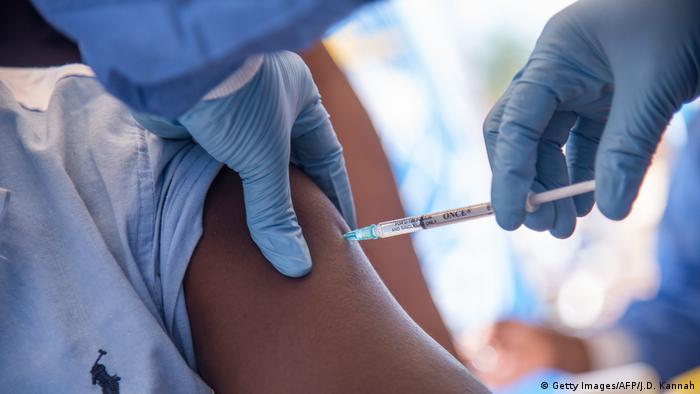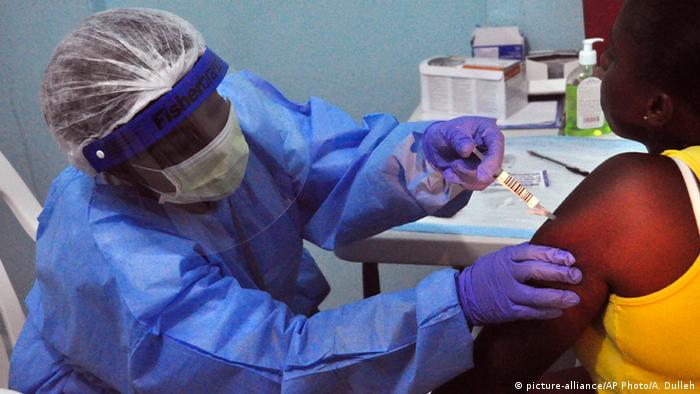Vaccinations save lives, the necessary Serum to import African countries, but almost always. Some governments want to have vaccines, therefore, local produce. But it’s not that simple.

Africa’s Dilemma is in two Figures: Almost 17 percent of the world’s population lives on the continent that produces less than 1 percent of all vaccines worldwide. At the same time in Africa from governments millions every year to import it. More and more politicians think that way. “We are talking about a gigantic market. In East Africa alone, 178 million people, we import not only vaccines, but all sorts of pharmaceutical products,” laments Christophe Bazivamo, Vice Secretary-General of the East African community. The States Alliance, the six East African countries Burundi, Kenya, Rwanda, South Sudan, Tanzania, and Uganda.
Soon go down the prices?
“When I speak of local vaccine production, call my Minister of Finance ‘Hallelujah’. He hopes that then the prices are falling,” says William Ampofo. The Professor of medicine from Ghana is head of the African Vaccine Manufacturing Initiative (AVMI). Scientists and pharmaceutical companies have joined the lobby group. Ampofo does not believe, however, that the decrease in prices due to local production. At least, not immediately. Finally, it comes to small amounts that can not be produced at lower cost than the products of large companies from abroad.

Not always needed vaccines in Africa are available
With a simple bill Ampofo makes it clear why Africa could still benefit. In 2014 alone, bought African governments vaccines in the value of almost 900 million US dollars for the basic immunization of children. In the case of local production, but 30 percent of the spending would remain in the country. “It makes economic sense to produce locally,” says Ampofo to the DW. “Jobs are created, there is a technology transfer, and would bring back local experts from abroad.”
Yet another point that speaks from Ampofos vision for the local production. “Take you time, yellow fever. Last year, there was an outbreak, and there was too little vaccine. We can’t afford to be in Africa where there are outbreaks,” said Ampofo to the DW. Nigeria, for example, had to import large quantities of vaccine from Brazil.

Locally produced vaccines are not necessarily cheaper than imported products
The economy is interested, but not euphoric. “We can imagine, to make Equipment and Expertise available,” says Manuel Batz, Africa-in-chief of the German pharmaceutical giant Merck. Finally, there is a billion-dollar market. In April, the German Healthcare Partnership, organised, an Initiative of the development Ministry and the Federal Association of German industry (BDI), the first East African “Impfgipfel”.
“It’s about Profit”
Technically, it could be in two years of production, estimates of Batz. But before that, key questions need to be answered. “It’s about Profit,” he in the DW-Interview. “Every Investor needs a safe and secure environment. That is, the security that the governments buy vaccines for a certain period at a certain price.” However, many governments give cautious. Because poor countries can get vaccines through the international vaccine Alliance GAVI – low prices. But that changes when life circumstances change for the better. Expert Ampofo urges, therefore, to more up-Tempo: “It is a very difficult process. But if we don’t start now, we will sit in five years, still here and talking.”

